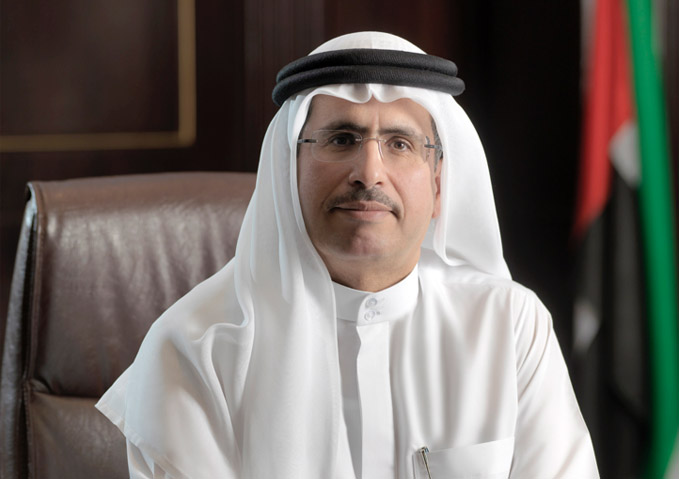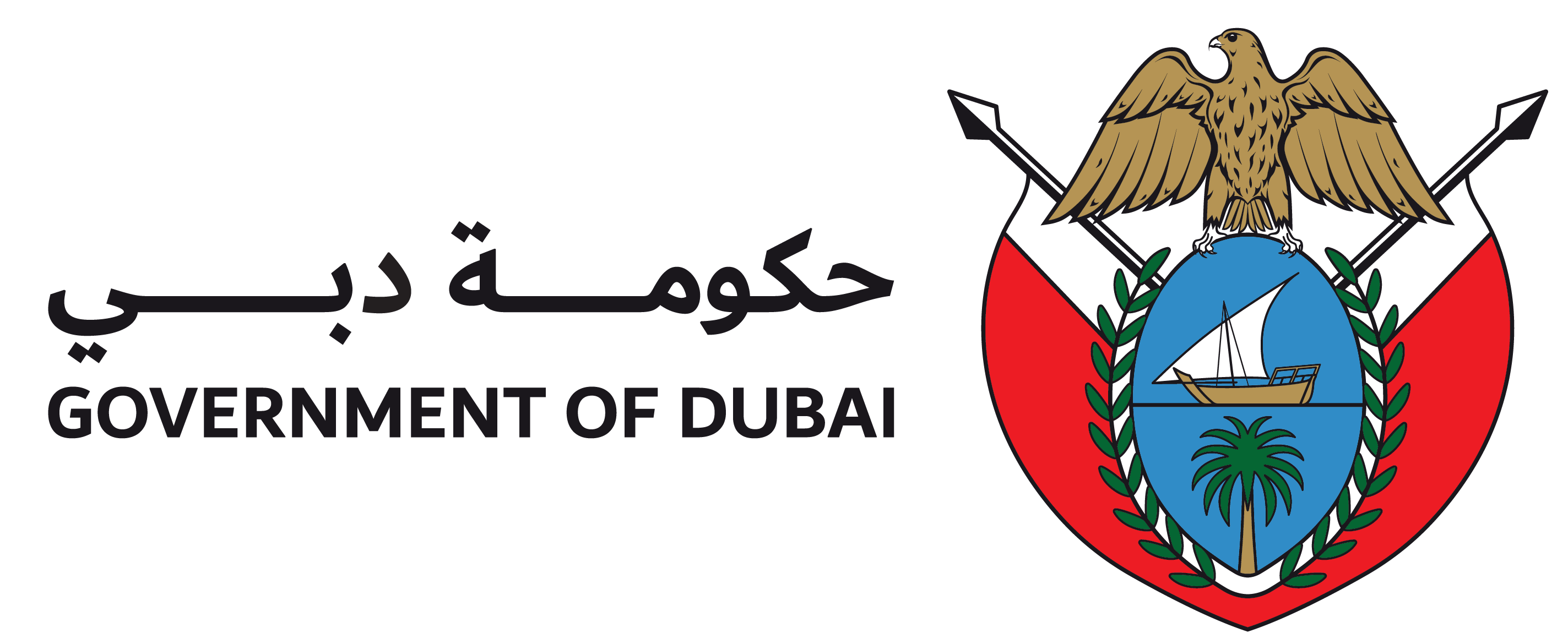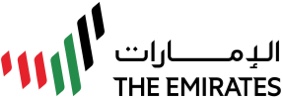Dubai Supreme Council of Energy launches 2021 edition of State of Green Economy Report

The Dubai Supreme Council of Energy (DSCE) released the seventh State of Green Economy Report. The 2021 edition was compiled by DSCE in collaboration with the Dubai Carbon Centre of Excellence (DCCE) and Dubai Electricity and Water Authority (DEWA). Under the theme ‘2020: Towards the next 50’, which is also the official 2020 government theme for the largest national strategy to prepare the country for the coming 50 years and its Golden Jubilee celebrations in 2021, this edition focuses on those public and private sector initiatives that will contribute to the country’s development and transition to a green economy in the upcoming 50 years. The report is structured as per the focus areas decided upon by the country’s wise leadership, namely in the economy, education, infrastructure, health and media.
In the report’s introduction, HE Saeed Mohammed Al Tayer, Vice Chairman of the Dubai Supreme Council of Energy, and MD & CEO of DEWA points out: “This report highlights the key achievements of active institutions and organisations comprising practices and success stories that help drive the transition to a green economy. These achievements are based on the wise leadership of His Highness Sheikh Khalifa bin Zayed Al Nahyan, President of the UAE; His Highness Sheikh Mohammed bin Rashid Al Maktoum, Vice President and Prime Minister of the UAE and Ruler of Dubai; and His Highness Sheikh Mohamed bin Zayed Al Nahyan, Crown Prince of Abu Dhabi and Deputy Supreme Commander of the UAE Armed forces, that anticipates the future, in line with the UAE Centennial 2071, to ensure a happy and sustainable future for generations to come and to make the UAE the world’s leading nation.”
2020 was a challenging year worldwide, with countries having to focus on curbing the spread of COVID-19 and putting together comprehensive strategies and plans to ensure a quick and sustainable recovery amidst the pandemic. The development plans focused on mobilising efforts towards health, food security, public safety, and continuity of public services.
The UAE not only excelled in its COVID-19 response, but officially announced that the digital and green economy would serve as the basis for the UAE’s post-pandemic recovery. Hence, the report also highlights key efforts of public and private sector entities to overcome these challenges and mitigate the impacts of the pandemic through innovative solutions within their operations.
Despite the challenges posed by the pandemic, 2020 saw the UAE lay the foundations for a comprehensive development plan for the upcoming 50 years, which will be advanced further in 2021.
The report has five chapters addressing various topics that all play a key part in the roadmap of the country’s sustainable development in the upcoming 50 years, from increasing energy efficiency and reducing carbon emissions across sectors to building the UAE’s knowledge-based economy and digital future. The report includes infographics showcasing trends, numbers, the UAE’s ranking in global indicators, and COVID-19 related data in alignment with the topics discussed in each chapter.
“The seventh State of Green Economy Report highlights Dubai’s substantial steps to become the global capital of the green economy and sustainable development. Dubai has exceeded the original target of the Dubai Clean Energy Strategy 2050 to provide 75% of Dubai’s total power capacity from clean energy sources by 2050. Today, 9% of the energy capacity mix comes from renewable sources, which is 2% more the percentage set for 2020 which was 7%. Dubai also decreased its carbon emissions by 22% in 2019 compared to business as usual, two years ahead of the Carbon Abatement Strategy 2021 target to reduce emissions by 16% by 2021,” said HE Ahmad Buti Al Muhairbi, Secretary General of the DSCE.


